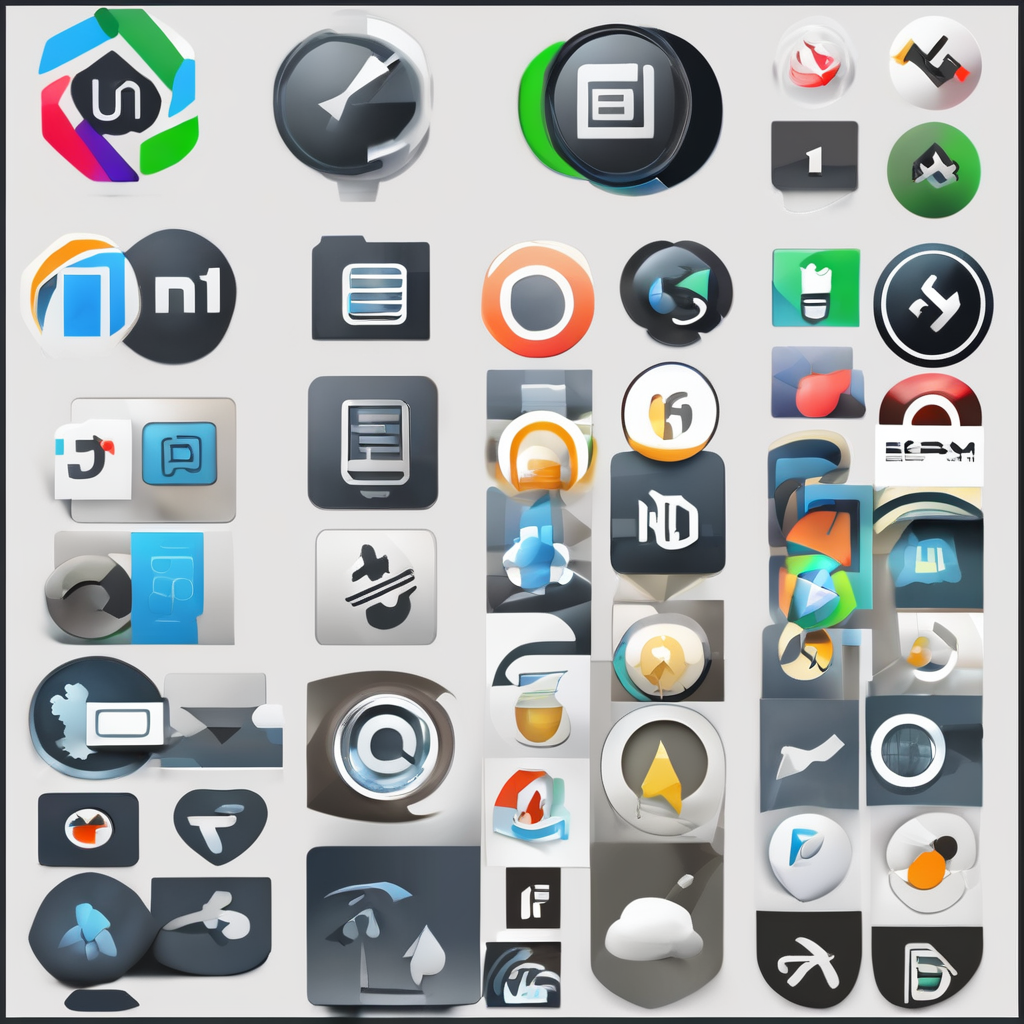Understanding AI in Music Composition and Sound Engineering
The integration of AI music composition and sound engineering technology is revolutionizing music creation and production. AI technologies like neural networks, deep learning, and machine learning are being extensively utilized to innovate sound design and automate complex processes.
Historically, AI’s journey in the music industry began with basic algorithmic compositions, evolving to sophisticated systems capable of generating symphonies indistinguishable from works by human composers. Over the years, these advancements have ushered in a new era where AI not only supports but actively contributes to music creation.
In the same genre : Revolutionizing Heritage: How Advanced Robotics are Reviving the UK’s Historic Monuments
Prominent players have emerged in the AI music technology field, each making significant contributions. Companies such as AIVA, which creates AI-generated music, and openAI’s Jukebox, offering AI capabilities in music structure and styling, have taken center stage.
These technologies are not only improving efficiency but are expanding the horizons of what is possible in music composition. AI now plays a critical role in tasks such as creating backing tracks, harmonizing melodies, and even mimicking the styles of famous musicians. As a result, the landscape of music creation is becoming increasingly dynamic and versatile.
Also read : Unveiling advanced ai breakthroughs in predictive maintenance for sustainable energy solutions
Implications for Creativity in Music
The intersection of AI and artistic expression opens new avenues for creativity in music, challenging traditional notions of originality. AI tools, such as those employed in sound engineering, empower musicians by offering endless possibilities for experimentation with sounds and structures. This new form of collaboration allows artists to break conventional barriers and explore previously unimagined concepts, redefining creativity in music.
One ongoing debate involves authorship and originality in AI-generated music. As machines become more adept at creating compositions, questions arise: Are these pieces truly original? Who holds copyright over AI music compositions—the developer or the artist collaborating with the AI? These are critical discussions in an industry increasingly integrated with technology.
Fascinating case studies demonstrate unique collaborations between artists and AI, highlighting this blend’s potential. Imogen Heap, a renowned musician, collaborated with AI algorithms to create innovative pieces, blending her voice with AI-generated textures. This synergy showcases how technology can serve as an artistic partner rather than a mere tool.
As AI becomes more prominent in music, it encourages a dynamic creativity process, challenging musicians to redefine their artistry while opening new channels for auditory exploration.
Challenges and Concerns in AI Music Technology
As AI technologies become increasingly integrated into the music industry, several ethical concerns emerge. One pressing issue is the attribution of authorship in AI-created compositions. Determining who holds creative ownership—the developers who design these systems or the artists who employ them—remains a controversial topic. Such disputes mirror broader discussions in AI’s role in creative fields.
AI’s ability to automate processes introduces another challenge: potential job displacement. Traditional roles in music production and sound engineering may be impacted as AI systems perform complex tasks more quickly and efficiently. This development raises fears of reduced job opportunities within an industry already undergoing rapid transformation.
Resistance from traditional musicians and industry stakeholders also poses significant hurdles. Many are sceptical about the quality and authenticity of AI-generated music, fearing a loss of the human touch that characterises artistic expression. Engaging these groups in meaningful dialogue is crucial to address their concerns and foster acceptance.
Addressing these challenges requires industry-wide collaboration and thoughtful policy-making. By focusing on ethical implications and seeking balance in AI and human creativity, the music industry can navigate this technological evolution with sensitivity and foresight.
Innovative Applications of AI in Music
The introduction of innovative AI tools has led to significant transformations within music technology applications and sound engineering. AI-driven platforms like Google’s Magenta explore machine learning to generate musical patterns, offering artists a reservoir of creative potential. This technology enables the creation of complex soundscapes and composition without the exhaustive manual labor typically associated with such tasks.
Machine learning is also dramatically enhancing sound design and engineering. By analyzing vast datasets, AI models like those in iZotope’s software can produce precise audio enhancements, such as noise reduction and mastering. Users benefit from the intuitive, user-friendly interface that aids both novice and seasoned sound engineers.
Moreover, AI is significantly impacting personalized music experiences. Apps like Spotify leverage AI to tailor playlists and suggest songs based on individual listener habits, making music discovery more interactive. This personalization extends beyond track suggestions; AI can adjust sound settings or assist in creating unique listening environments.
The advent of these technologies implies a future where AI continues to refine and innovate within music production, fostering a personalized and engaging auditory experience. Consequently, artists and engineers are equipped with powerful tools to realize artistic visions and connect more profoundly with their audiences.
Future Trends in AI and Music
In considering the future of music, the intersection with AI presents various exciting possibilities. One anticipated trend involves the enhancement of AI music tools, which are expected to grow more sophisticated, allowing for greater customization and creativity. Industry experts suggest that as AI technologies develop, they could reshape music genres significantly by enabling new audio patterns and compositions previously unattainable with traditional methods.
AI’s influence might also extend to how consumers interact with music. Trends in AI technology predict a future where AI-driven platforms offer hyper-personalized experiences, potentially transforming the ways audiences consume and engage with music. This could lead to a shift in music discovery and the development of niche markets catering to specific listener preferences.
Moreover, the music industry’s future may involve a deeper integration of AI in areas beyond creation and consumption. Experts propose that AI might serve as an analytical tool for predicting industry trends, helping music producers and marketers make informed decisions. As AI becomes more entrenched, the music landscape is poised to evolve, fostering an environment ripe with innovation and dynamic transformation.
